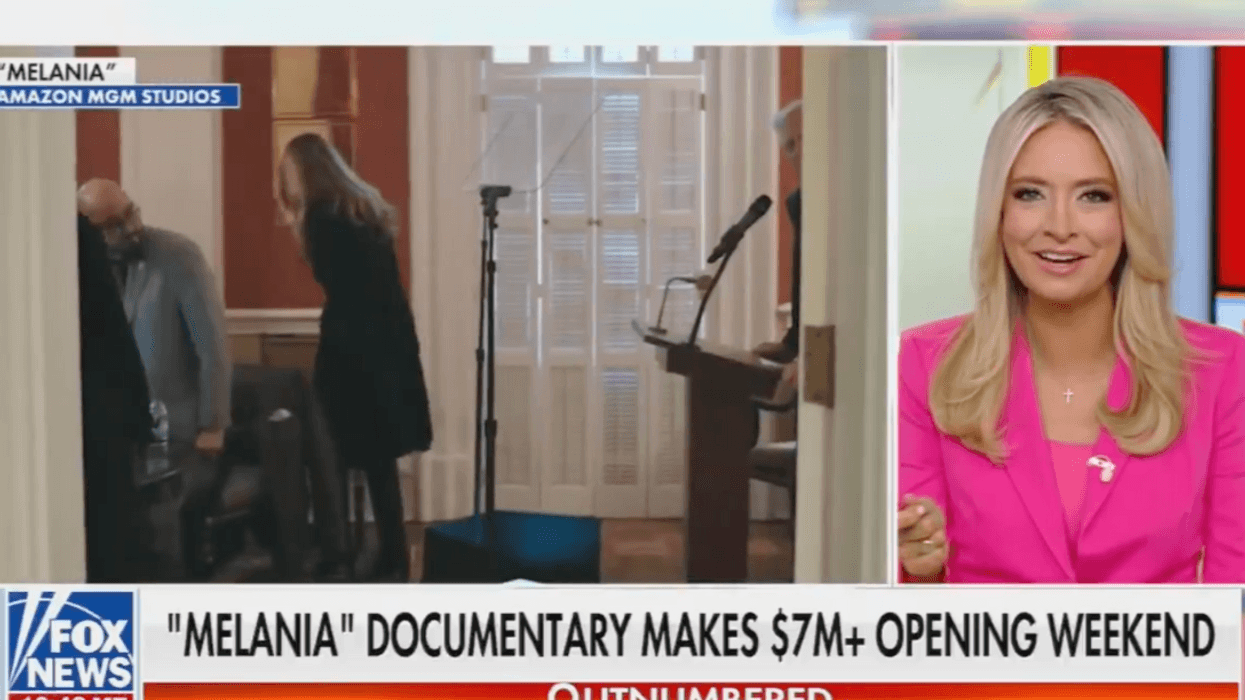President Donald Trump is reportedly considering slapping 25 percent tariffs on $200 billion worth of imported foreign cars by the end of the year, The Washington Post reported on Wednesday, according to sources close to the administration.
Last month, the president threatened to impose a 20 percent tariff on imported automobiles manufactured in the European Union, which Trump has accused of cheating the United States and treating our country like a "piggy bank."
"Based on the Tariffs and Trade Barriers long placed on the U.S. and it great companies and workers by the European Union," Trump said in a tweet in June, "if these Tariffs and Barriers are not soon broken down and removed, we will be placing a 20% Tariff on all of their cars coming into the U.S. Build them here!"
Stocks for European automakers Daimler, Volkswagen, and BMW plunged in the wake of the president's threat. Many of these cars sold in the United States, along with automobiles Japanese companies Honda, Nissan, Toyota, and Subaru, are manufactured in the United States and employ tens of thousands of American workers.
The United States imported $192 billion worth of foreign-built cars in 2017, which are subject to a 2.5 percent tariff. Foreign-made SUVs and light trucks already come with a 25 percent tariff.
The Post reported on Wednesday that Commerce Department officials are seeking ways to "address Trump’s insistence that cheap foreign cars are flooding the U.S. market," although advisors familiar with internal discussions expect Trump to make good on his threat.
Trump is scheduled to meet with European Commission President Jean-Claude Juncker on Wednesday, where the two are expected to discuss the future of U.S.-E.U. trade. The Post said Juncker will lay out two alternative options for the president to consider.
The first would be to lower tariffs on all automobile-exporting nations and the second would be a proposal to "eliminate tariffs on industrial products, including cars," that are traded between the U.S. and the E.U.
Trump made a similar proposal on Tuesday via Twitter.
On Wednesday morning, the president doubled-down on his insistence that steep tariffs are the answer to the "Lost $817 Billion on Trade last year."
But administration officials are not sold on the idea of additional taxes being levied on imported goods.
"There is not a lot of support for the auto tariffs internally," one senior administration official said. "There are many people who don’t want to see it go through."
Senator Lamar Alexander (R-TN) is expected to introduce legislation to make it harder for Trump to levy tariffs on imported cars as the president meets with Juncker.
German Chancellor Angela Merkel, whose country Trump has said "owes" him money and with whom Trump sparred over Trade at last month's G7 summit, said on Friday she is preparing for the worst.
Juncker "will be making suggestions there about how we can enter into a discussion process to avoid this," Merkel said at her annual summer news conference. Although she expects Juncker to "present possibilities for discussion" to the president, Merkel added: "I’m not filling myself with expectations or predictions."
European and American automakers have also voiced their opposition to additional tariffs on imported cars.
New tariffs would be a "tax" on American consumers which "will result in higher prices and also threaten job growth," a spokesman for Volkswagen said. Trump's trade war, he added, "presents a serious risk to economic growth in all countries."
The Washington D.C.-based lobbying group Alliance of Automobile Manufacturers, which represents a dozen car companies, said: "While we understand that the administration is working to achieve a level playing field, tariffs are not the right approach."
The group added that "tariffs raise vehicle prices for our customers, limit consumer choice and invite retaliatory action by our trading partners."
At a Commerce Department hearing attended by representatives of American car companies earlier this month, 44 out of 45 witnesses argued against additional tariffs on imported automobiles.
"By increasing the cost to manufacture a car, the tariffs will lead to higher vehicle prices for all automakers — foreign and domestic," said Matt Blunt, president of the American Automotive Policy Council, which represents Ford, GM, and Fiat Chrysler. "These higher costs will, in turn, lead to lower demand and lower U.S. auto sales and production. Ultimately, this will lead to fewer jobs in the auto industry."
Analysis from The Peterson Institute for International Economics, new tariffs on imported cars and auto parts would raise automobile prices "between $1,400 and $7,000," depending on how much of the cost is absorbed by American consumers, CNBC reported last week.
Nevertheless, Trump has become more aggressive in his approach to trade across the board. On Friday, Trump said he was prepared to slap taxes on all $505 billion worth of Chinese imports.
“The president hears all the arguments, but he makes the final decision,” White House budget director Mick Mulvaney said.



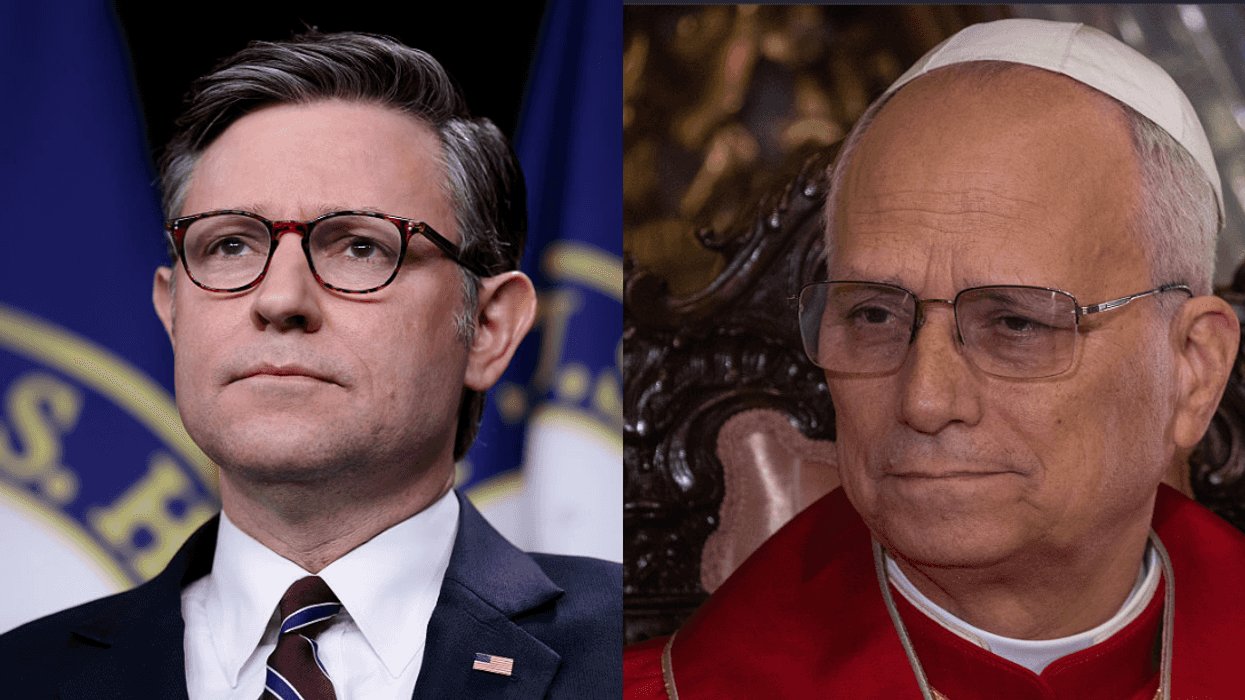





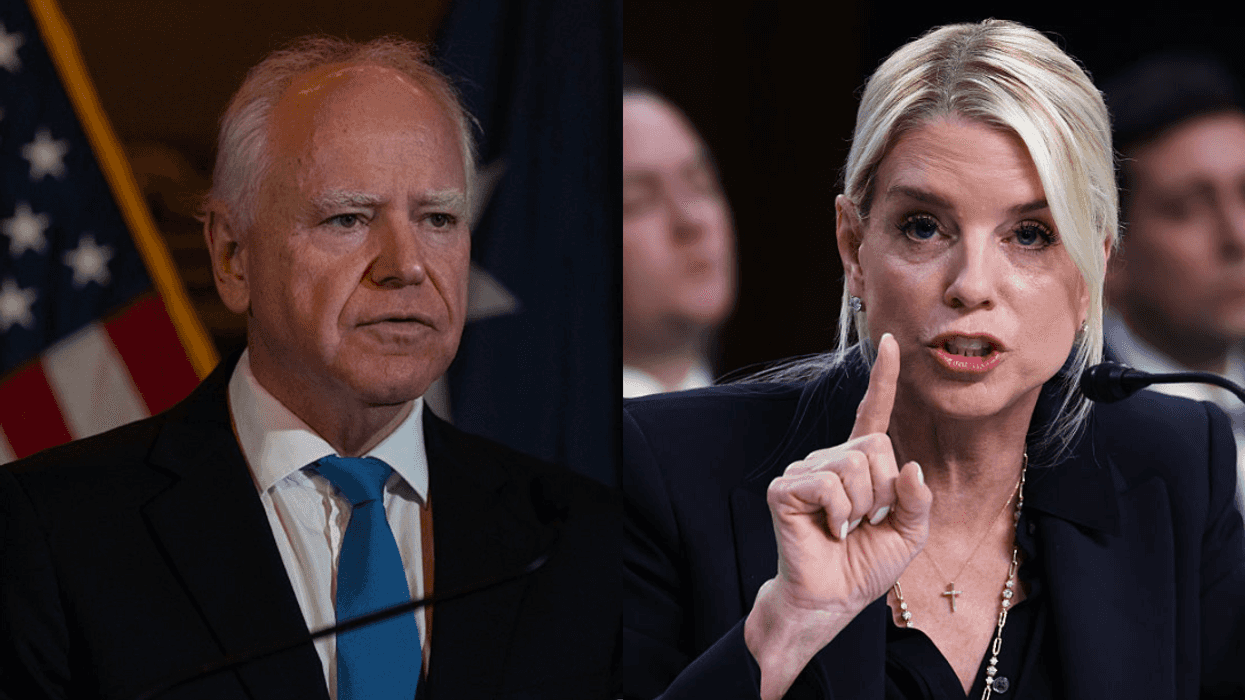



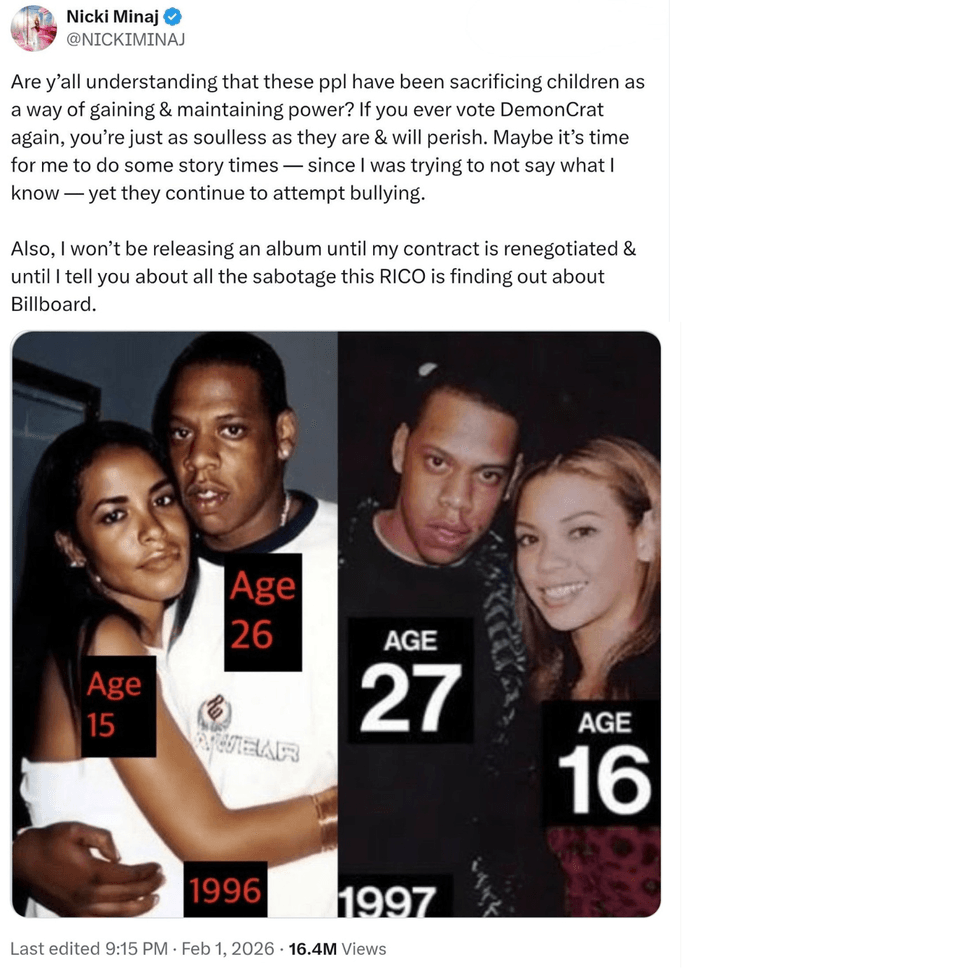 @NICKIMINAJ/X
@NICKIMINAJ/X
 reply to @NICKIMINAJ/X
reply to @NICKIMINAJ/X reply to @NICKIMINAJ/X
reply to @NICKIMINAJ/X
 @WUTangKids/X
@WUTangKids/X @WUTangKids/X
@WUTangKids/X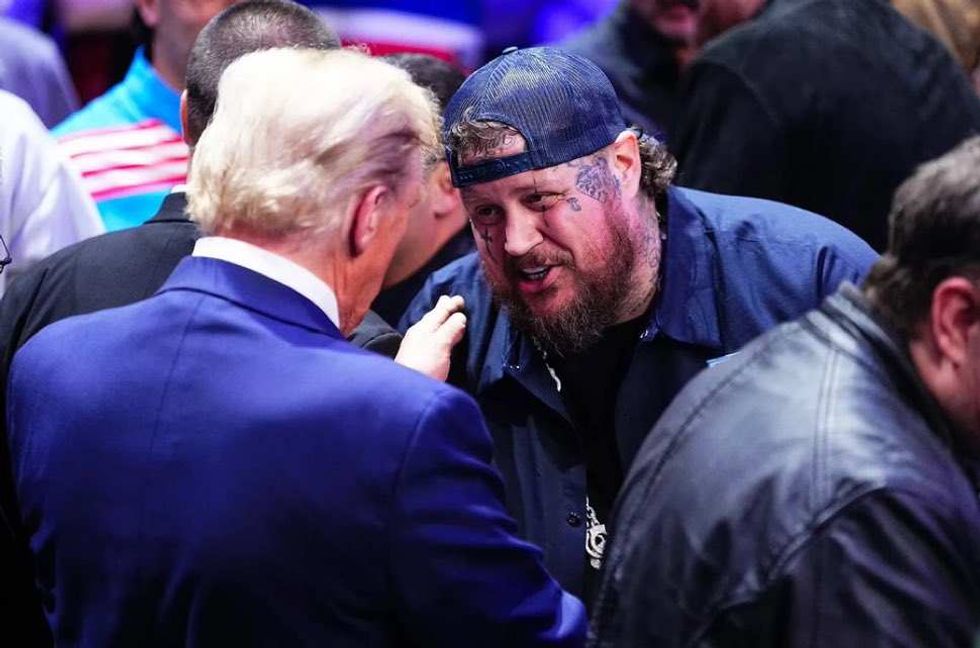 @WUTangKids/X
@WUTangKids/X @WUTangKids/X
@WUTangKids/X